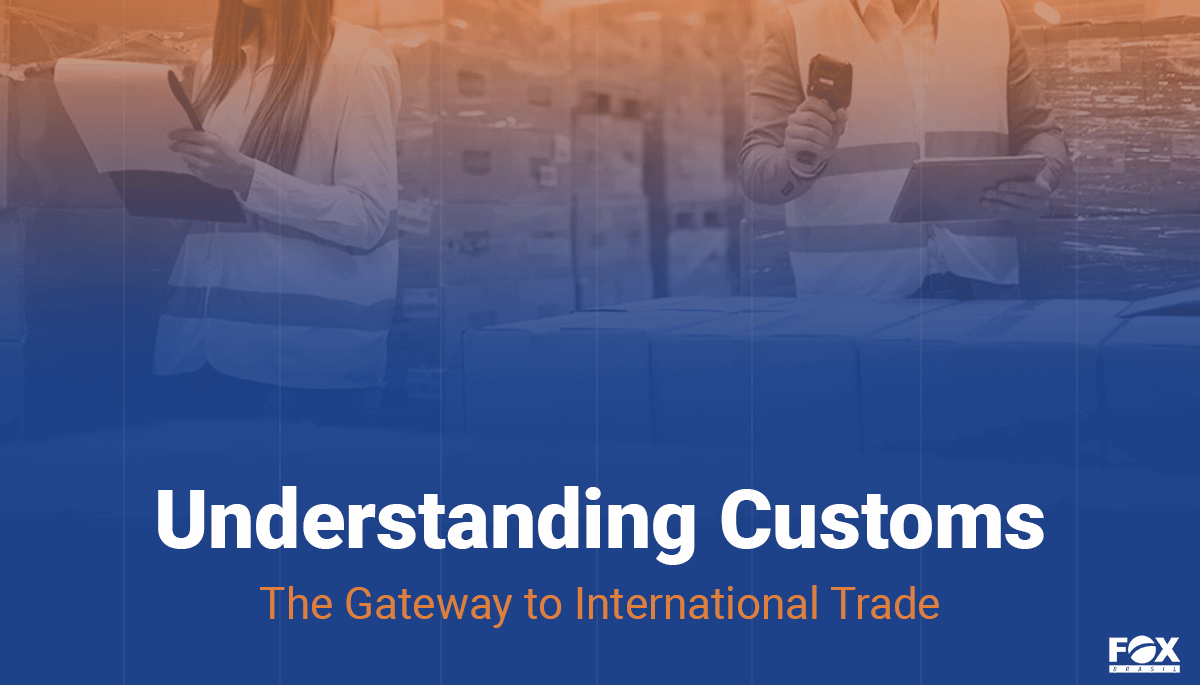Understanding Customs: The Gateway to International Trade

Business
The term “customs” often finds its way into conversations about international trade, but what are customs exactly? What is the importance of customs on international trade transactions? We will answer these questions and more on this blog post. Read on!
Definition
Customs refer to the official procedures and regulations that govern the import and export of goods between countries, and it often also refers to the place itself where these procedures happen. These procedures are implemented by customs authorities to ensure compliance with laws, protect national security, collect revenue, and prevent the entry or exit of restricted or prohibited items.
Documentation
Documentation is the foundation of customs processes. Importers and exporters are required to provide a range of documents, including invoices, packing lists, certificates of origin, and shipping documents. These documents serve as the means for customs authorities to verify the nature, value, and origin of the goods being traded. Accurate and complete documentation is crucial to prevent delays and ensure a transparent flow of information.
Duties and Taxes
Customs authorities impose duties, tariffs, and taxes on imported goods. These financial charges serve a dual purpose: generating revenue for the government and protecting domestic industries from unfair competition. The rates vary widely and are often based on the type and value of the goods. Importers must be aware of these charges and factor them into their cost calculations to avoid financial surprises.
Inspection
Customs officials have the authority to inspect shipments to ensure compliance with regulations and the accuracy of the information provided in the documentation. Inspections may include physical examinations of goods, document reviews, and other verification processes. This step is crucial for preventing illegal activities, ensuring safety and quality standards, and maintaining the integrity of the customs process.
Trade Compliance
Customs regulations include restrictions on the import or export of certain goods for reasons such as public health, safety, environmental protection, or national security. Adhering to these regulations, known as trade compliance, is crucial for businesses. Failure to comply can result in severe consequences, including fines, confiscation of goods, and legal actions.
Customs Clearance
Before goods can enter or leave a country, they must go through customs clearance. This involves submitting the required documentation, paying any applicable duties or taxes, and obtaining approval from customs authorities. The efficiency of this process directly impacts the speed and cost-effectiveness of international trade transactions. Many countries have dedicated customs agencies responsible for enforcing regulations and facilitating the movement of goods across borders.
In the world of international trade, customs ensures the legality, transparency, and smooth flow of goods across borders. Businesses engaged in global transactions must navigate the diverse customs procedures, understanding the nuances of documentation, duties, inspections, trade compliance, and clearance processes. As customs procedures continue to evolve the most effective method to ensure compliance is hiring a freight forwarder. Their expertise streamlines the entire process and, by entrusting this responsibility to professionals well-versed in international trade regulations, businesses can not only save time and resources but also mitigate the risks associated with potential errors.